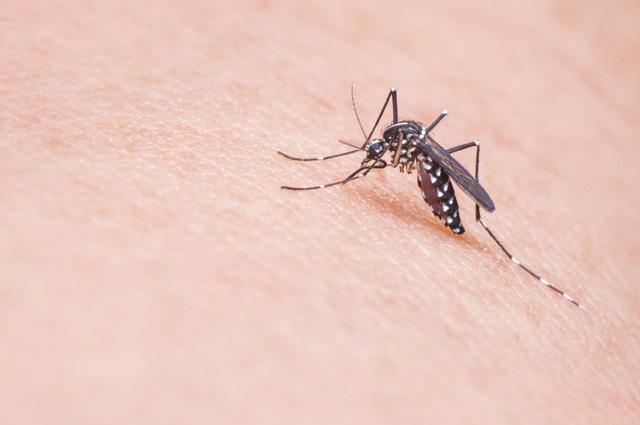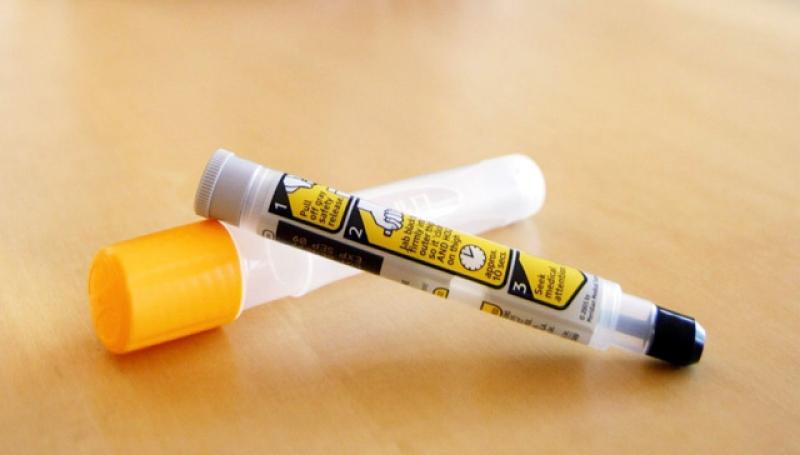- Written by Arturo Gastanaduy MD F.A.A.P
- Published in Wellness
Spring Brings Bites and Stings!
Spring Brings Bites and Stings!
By Arturo Gastanaduy MD - www.a-g-pediatrics.com
Click aqui para español- >La primavera trae picaduras y aguijonazo
Insects resurface with warmer temperatures. These small creatures are the most common and diverse type of animals on Earth. Over 90% of animals are insects and there are more than one million species identified.
The most common blood sucking insects are mosquitoes, flies and fleas. Their saliva produces small itchy pale-red hives that improve spontaneously in a few days. Nevertheless, insect bites may produce severe allergic reactions, become infected, or may transmit serious illness like malaria, dengue, yellow fever, viral encephalitis, etc. Most of these illnesses are rare in the USA; however, we have several hundred cases of encephalitis every year Mosquitoes breed in stagnant water. They are more active at dawn and dusk, are attracted by bright colors and sweat and bite exposed areas of skin. Flies are attracted to food, garbage and animal excreta. Fleas are more frequent in homes with pets and they usually bite under clothing. Fleas can survive in carpets for a long time
Bees, wasps, hornets, and ants do not bite but sting. They do not transmit systemic illnesses but are responsible for half of human deaths which are due to a severe allergic reaction to the venom
Reactions to bites and stings are usually less than two inches in diameter; 10 % of people will have large (≥ four inches) and painful local reactions. Both can be treated with cold compresses, calamine lotion, cortisone cream, cetirizine or loratadine for itching and acetaminophen or ibuprofen for pain.

The area should be washed with cold water and soap. It should be kept clean and scratching should be avoided to prevent infection. Bee stingers are barbed, and they remain with the venom sack on victim’s skin. They should be removed quickly to decrease the dose of venom received. Severe allergic reactions to stings develop quickly and include generalized hives and swelling away from stung area; hoarseness, throat or chest tightness, wheezing, difficult breathing; nausea, vomiting, diarrhea, abdominal pain; lightheadedness, dizziness, and passing out.
If any of these symptoms occur, call 911. If your child is known to have severe allergic reactions, your doctor may have prescribed EpiPen that should be administered to the lateral side of the thigh immediately.
Prevention is best by utilizing insect screens, removing objects that can hold water around your house, clean clogged gutters, use insecticides and pest control to eliminate ants, bees and wasp nests, staying inside at dawn and dusk, wearing closed shoes, long pants and long sleeve shirts outdoors, avoiding bright colors, and using insect repellents.
The most effective repellents are DEET based. DEET is safe for pregnant women and infants older than two months. Thin spray over exposed skin and clothes is enough. Do not spray under clothes or on the hands of small children who will touch their mouths and eyes. To protect their faces, spray a little of it on your hands, rub them together, and then apply over their faces including the ears.

























